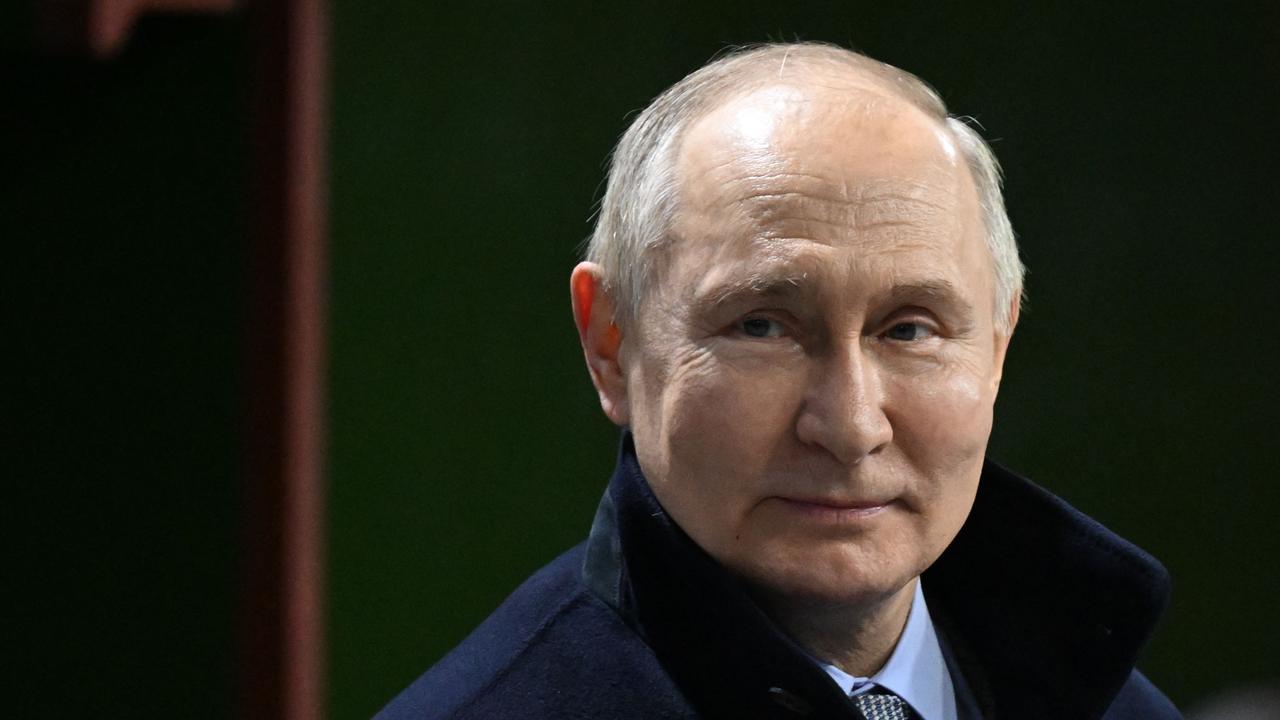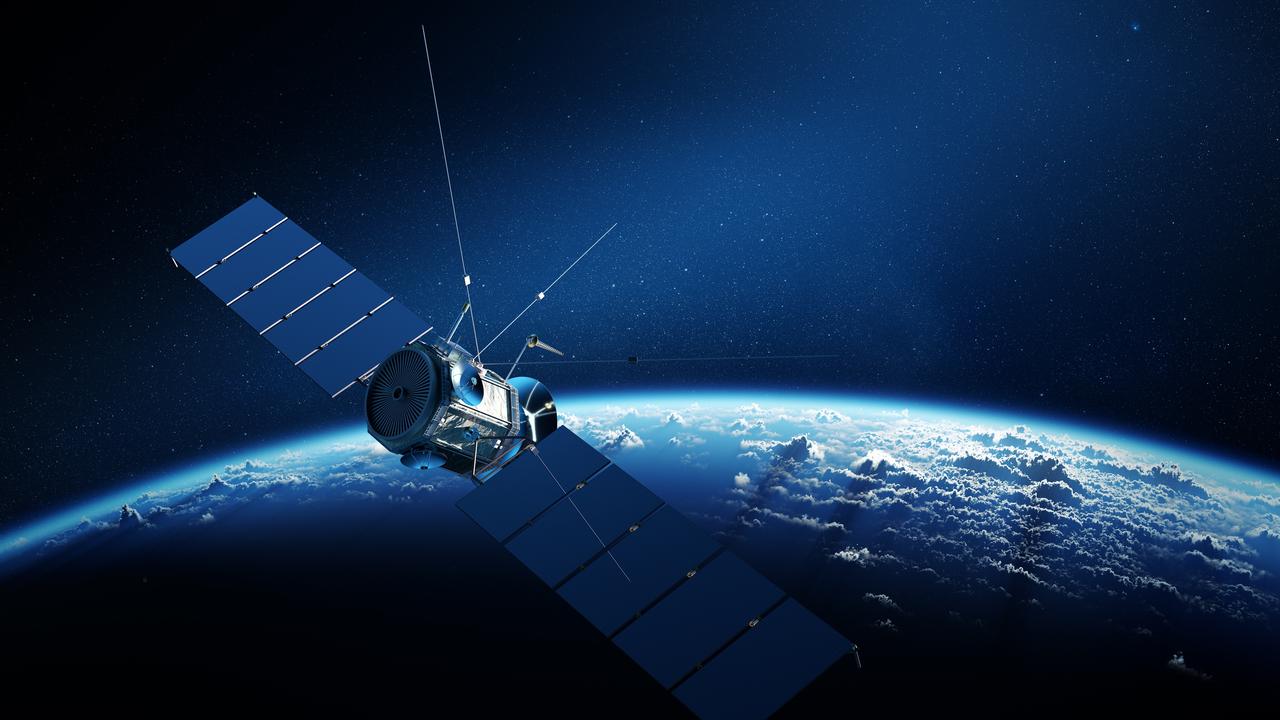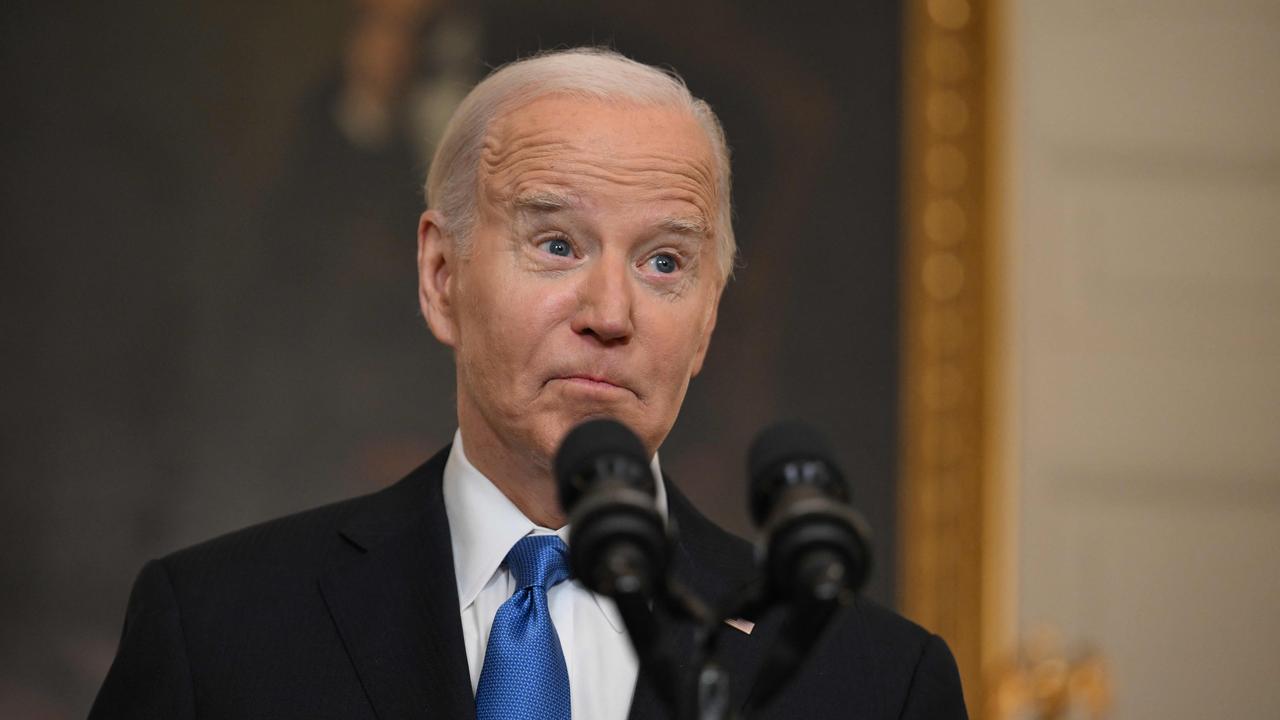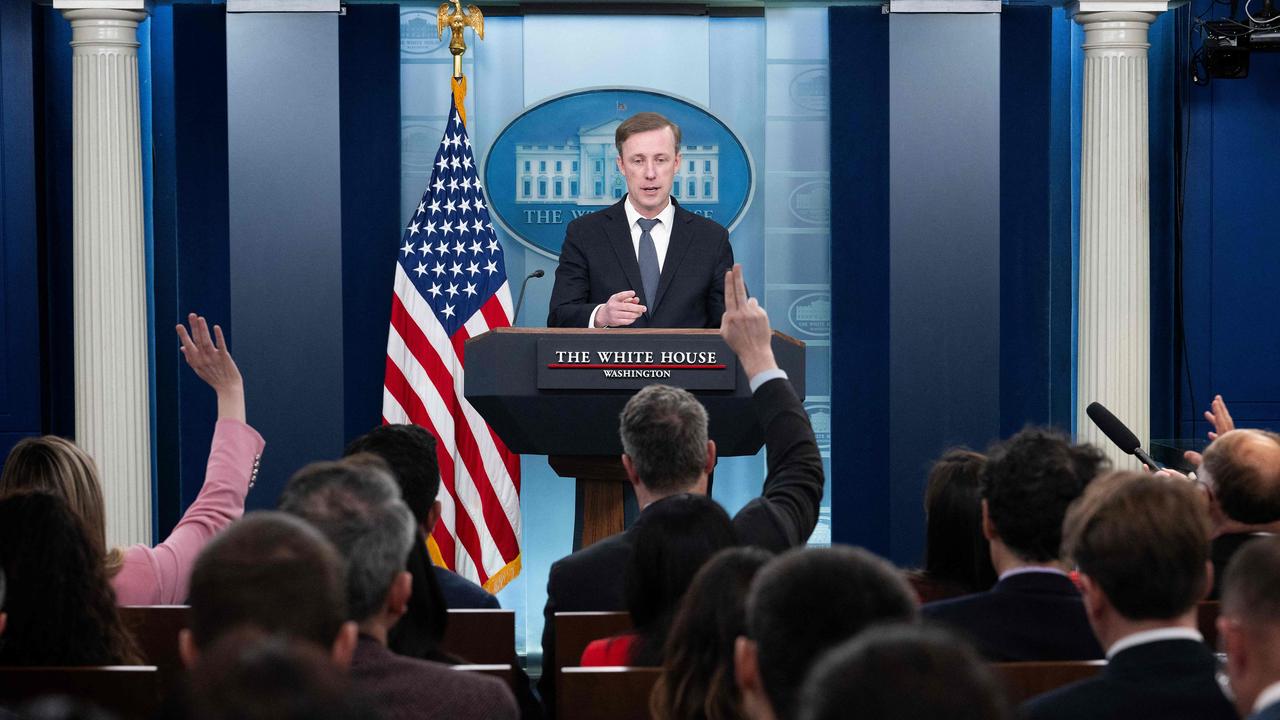
This article is more than
2 year oldRussia wants to put nuclear weapons in space to obliterate Western satellites, according to alarming new US intelligence.
The frightening possibility was revealed hours after House Intelligence Committee Chairman Mike Turner publicly said Congress had information on a “serious national security threat” — sparking intense speculation, the NY Post reports.
The Kremlin has not yet launched nuclear weapons into orbit, but is interested in doing so, the ABC, New York Times and Washington Post reported on Wednesday afternoon, citing current and former officials.
The unprecedented deployment of nuclear weapons into space would be geared toward striking enemy satellites, rather than for the purpose of dropping A-bombs on Earth, the reports said.
Attacks on satellites could threaten communications as well as important scientific and military tools.
Whether Russia actually has developed a space-based nuclear capability — or if it’s merely interested in doing so — is unclear.

The Washington Post reported that Russia “has experimented with the use of nuclear explosions or directed energy to disable satellites”, according to one US official.
It was not immediately clear why Russia would need nuclear weapons in space to destroy enemy satellites — as opposed to rockets or lasers that can also destroy relatively delicate orbiting equipment.
Russia destroyed one of its own satellites in 2021 using a ground-based missile, creating a hazardous cloud of 1500 trackable pieces of space junk that threatened other satellites.
The unsettling intel came as ardent US advocates for Ukraine attempted to pressure House leaders to hold a vote on $US60 billion ($92.5 billion) in aid for Kyiv to fend off Russia’s stalled two-year-old invasion.
Mr Turner, who just days ago returned from a trip to Ukraine, stoked a frenzied guessing game on Wednesday morning by publicly saying that members of Congress received “information concerning a serious national security threat”.
He demanded that President Joe Biden “declassify all information relating to this threat so that Congress, the Administration, and our allies can openly discuss the actions necessary to respond to this threat”.
House Speaker Mike Johnson — who has baulked at additional Ukraine aid over concerns about local corruption and a lack of answers from the White House about US goals in the conflict — quickly sought to allay concerns.

The Louisiana Republican said Americans had “no need for alarm” about the intelligence referenced by Mr Turner, his Ohio Republican colleague.
“Last month, I sent a letter to the White House requesting a meeting with the President to discuss a serious national security issue that is classified,” Mr Johnson told reporters at the Capitol.
“In response to that letter, a meeting is now scheduled tomorrow on this matter here at the Capitol with the Gang of Four and with the president’s national security adviser Jake Sullivan,” he added, referring to a group of eight top members of Congress who are regularly briefed on highly classified information.
“I will press the administration to take appropriate action, and everybody can be comforted by that.”
Mr Johnson added, “I want to assure the American people there is no need for public alarm. We are going to work together to address this matter, as we do all sensitive matters that are classified. And beyond that I’m not at liberty to disclose classified information and really can’t say much more.”
One Hill source told The Post, however, that the information was “urgent” and concerned a potential foreign military capability.
The intelligence committee voted to make its contents available to all House members this week, the source added — assuring the mysterious alert’s substance would quickly become public knowledge due to the notoriously loose-lipped membership of that chamber.

A spokesman for the committee did not immediately respond to a request for further information.
The US, which does not have nuclear weapons in space, and Russia are both parties to the Outer Space Treaty of 1967, which prohibits signers from “placing in orbit around the earth any objects carrying nuclear weapons or any other kinds of weapons of mass destruction”.
Countries can withdraw from such agreements, however. Former President Donald Trump, for example, ended US participation in an arms-control pact with Russia that regulated the deployment of intermediate-range nuclear weapons, citing alleged Russian noncompliance.
House Minority Leader Hakeem Jeffries, a New York Democrat, warned Wednesday evening that the “most urgent national security threat facing the American people right now is the possibility that Congress abandons Ukraine and allows Vladimir Putin’s Russia to win”.
Mr Sullivan expressed frustration Wednesday with Mr Turner’s public airing of the matter when the Gang of Eight was due to be briefed on Thursday.
However, he declined to say whether it was a foreign military threat or if he could assure Americans they should not worry.
“In a way, that question is impossible to answer with a straight ‘yes’,” Mr Sullivan said at the regular White House press briefing.

Mr Sullivan added, however, “I will stand here at this podium and assert that, look you in the eye with confidence, that we believe that we can, and will and are protecting the national security of the United States.”
Mr Sullivan emphasised that Mr Turner’s declassification request was “ultimately” a decision for President Biden.
Senate members of the eight-legislator group due to receive more information were similarly tight-lipped.
Senate Majority Leader Chuck Schumer told The Post that “I am aware of the threat but I can’t comment on anything classified”.
When asked if Americans should be concerned, the New York Democrat said, “That’s all I’m going to say.”
Senate Intelligence Committee Chairman Mark Warner, a Virginia Democrat, and vice chairman Marco Rubio, a Florida Republican, said in a joint statement on Tuesday afternoon that the panel “has the intelligence in question, and has been rigorously tracking this issue from the start”.
“We continue to take this matter seriously and are discussing an appropriate response with the administration,” Mr Warner and Mr Rubio said. “In the meantime, we must be cautious about potentially disclosing sources and methods that may be key to preserving a range of options for US action.”
The pending $US60 billion in additional US aid for Ukraine passed the Senate on Tuesday morning as part of a broader $US95 billion ($146.5 billion) foreign assistance package. Congress previously appropriated $US113 billion ($174.2 billion) in Ukraine aid.
Speaker Johnson has requested a meeting with Mr Biden to discuss the war before deciding on whether to hold a floor vote.
This article originally appeared on NY Post and was reproduced with permission